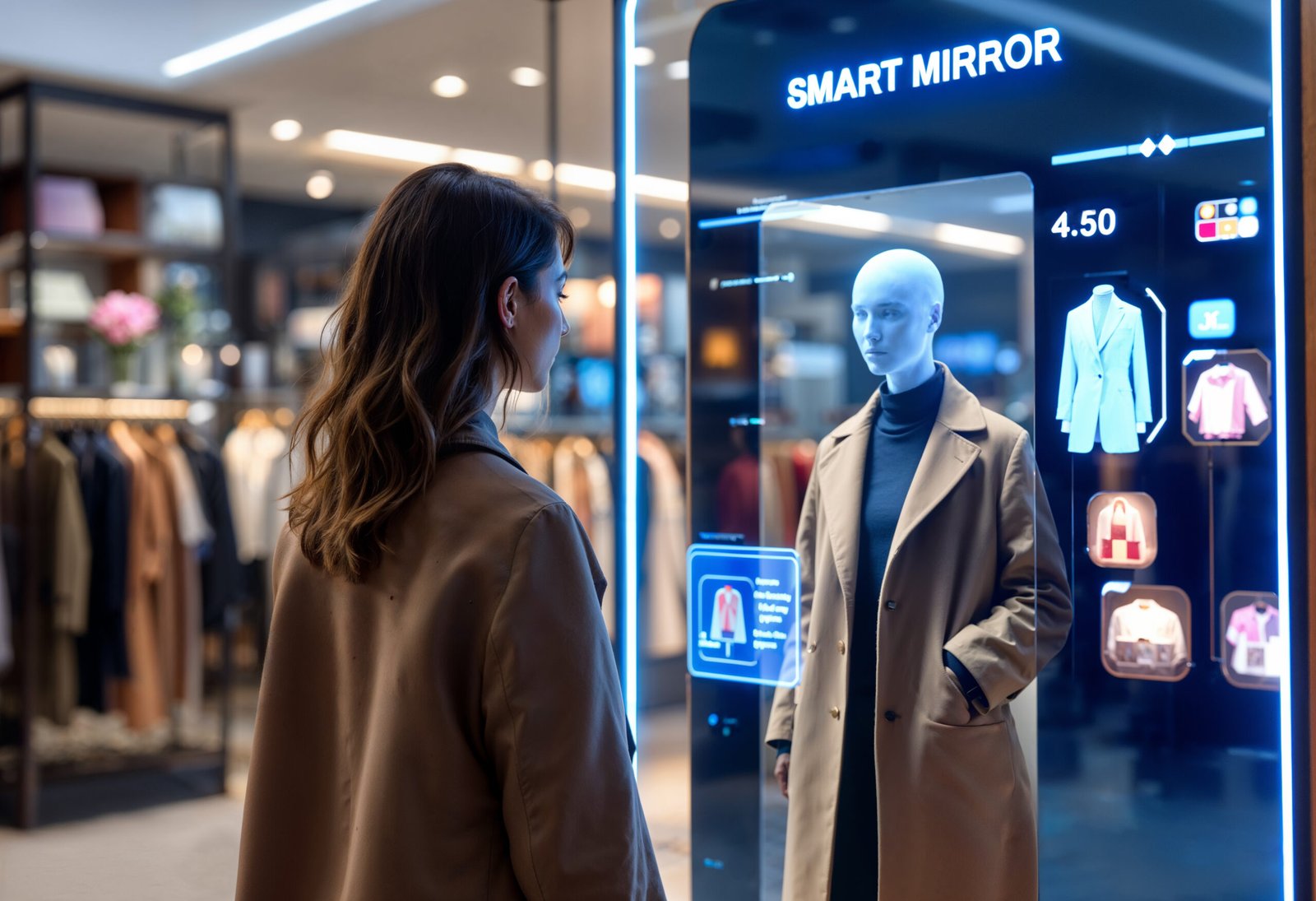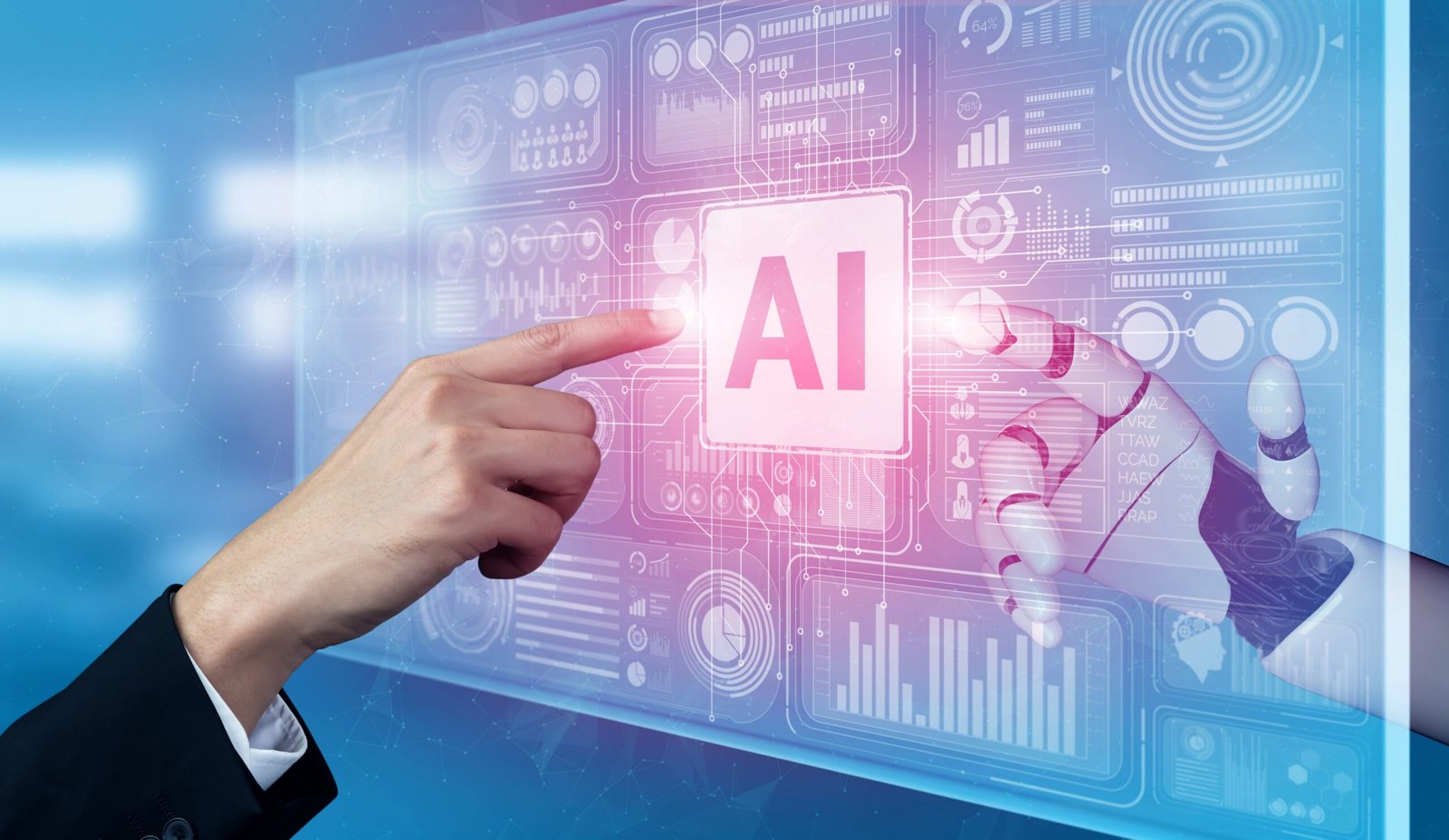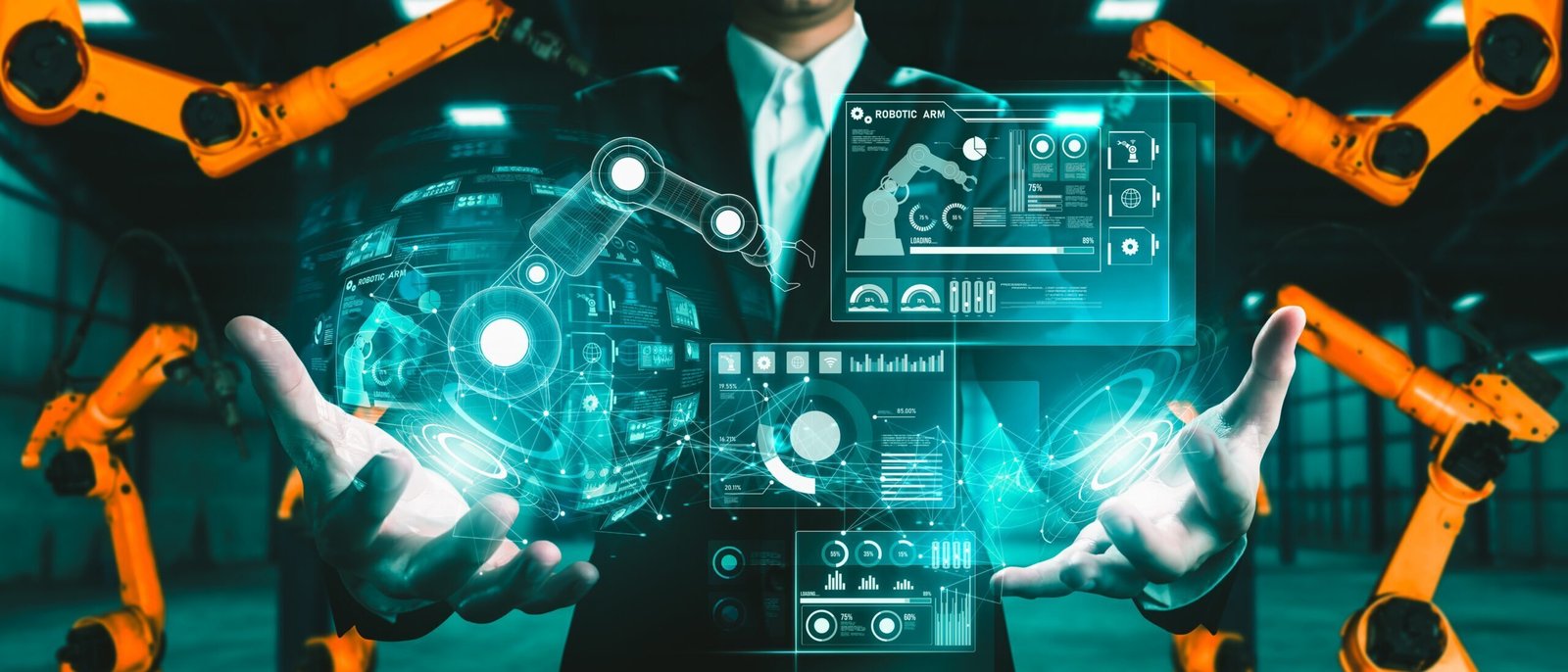Blog
The Rise of AI Assistants in Modern Businesses
Discover how AI assistants have evolved from simple chatbots to intelligent cognitive agents, transforming customer service, operations, and decision-making across modern enterprises

Discover how AI assistants have evolved from simple chatbots to intelligent cognitive agents, transforming customer service, operations, and decision-making across modern enterprises

AI Assistants Are No Longer Just Virtual Receptionists—They Are Strategic Business Enablers Powering Automation, Personalization, and Scalable Decision-Making.
Artificial Intelligence (AI) is no longer a buzzword—it’s a boardroom priority. In recent years, businesses have rapidly embraced AI assistants, transitioning from basic chatbots to highly sophisticated cognitive agents capable of understanding context, emotions, and enterprise-level tasks. As companies seek efficiency, personalization, and cost reduction, these AI-powered tools are proving to be game-changers across industries.
From answering FAQs to automating complex workflows, the capabilities of AI assistants have multiplied. Enterprises are now turning to Generative AI, Agentic AI, and LLMs (Large Language Models) to enhance internal operations, streamline customer engagement, and even support real-time decision-making.
Not long ago, most businesses relied on rule-based chatbots—those that could answer only predefined questions like, “What are your business hours?” or “Track my order.” These tools served their purpose but lacked the ability to adapt or learn.
Enter the cognitive agent. Unlike traditional bots, these AI assistants are powered by neural networks, natural language processing (NLP), and contextual learning. They can interpret meaning, detect sentiment, and tailor responses based on past interactions or real-time conditions. Tools like OpenAI’s ChatGPT, Anthropic’s Claude, and enterprise-focused AI frameworks are leading this shift.

The rise of next-generation AI assistants isn't just about better automation—it’s about intelligence, adaptability, and contextual understanding at scale. Unlike earlier bots that relied on basic scripts and static flows, today's AI assistants are built on cutting-edge advancements in Natural Language Processing (NLP), Transformer-based architectures, and multi-modal inputs.At the core of this evolution is the shift from reaction-based systems to proactive AI agents. These systems not only respond but anticipate needs. They understand industry-specific jargon, remember past interactions, and can handle follow-up tasks without starting from scratch. This is largely thanks to foundation models like OpenAI’s GPT, Anthropic's Claude, Meta’s LLaMA, and others—models that have been trained on billions of data points across the web.Furthermore, cognitive agents today are integrated with backend systems like CRMs, ERPs, analytics dashboards, and cloud-based tools. This enables them to fetch data, perform transactions, generate reports, and even execute code in response to real-time business demands.The result? A smarter, faster, and more reliable virtual assistant that can adapt to different industries, roles, and user preferences—whether it's guiding a customer through a product return or helping a manager analyze sales trends across multiple regions.
AI assistants don’t sleep. Businesses are using them to manage large volumes of queries without increasing headcount. This results in reduced customer wait times and improved satisfaction—especially in e-commerce, banking, and telecom sectors.
Beyond customer support, cognitive agents can assist with HR, IT helpdesks, finance, and scheduling. Imagine an assistant that can generate invoices, schedule meetings, fetch CRM data, or summarize reports—all from a single chat interface.
With LLMs, AI can tailor interactions based on customer behavior, purchase history, or even sentiment. This drives deeper engagement and improves conversion rates, especially when integrated into custom dashboards or e-commerce store experiences.
4. Cost Optimization
AI assistants significantly lower operational costs. Enterprises save on support, admin overhead, and labor—without compromising quality or scalability.
5. Enterprise-Grade Integration
Solutions like Stack Synth’s AI Automations, Agentic AI deployment, and custom LLM solutions are now integrated with internal enterprise tools like Slack, CRM platforms, ERP systems, and cloud infrastructure.
Powering more natural, human-like conversations.
Enabling decision-making, multi-step task execution, and independent workflow handling.
Creating content, emails, summaries, and documents tailored to business needs.
Interacting with users via text, voice, images, and even video.
According to a 2024 Gartner report, by 2026, 70% of customer interactions will involve emerging technologies such as AI-driven agents and machine learning models, up from just 15% in 2021. This shows a strong upward trend in AI assistant adoption.
At Stack Synth, we’re helping businesses leverage AI through:
1. Custom Cognitive Agent Design tailored for customer service, sales, HR, and IT.
2. AI Automation Pipelines for repetitive and time-consuming processes.
3. LLM Integration Services into existing business ecosystems.
4. SaaS AI Tools developed for enterprise clients.
5. Data-secure AI solutions ensuring GDPR and compliance standards.
Our solutions go beyond plug-and-play bots—we architect intelligent systems that evolve and scale with your business needs.
AI assistants are no longer optional—they are essential to remain competitive in today’s digital landscape. Whether you’re building your first support chatbot or deploying a full-scale cognitive workforce, now is the time to invest in intelligent automation.Partner with Stack Synth to design and implement scalable AI solutions tailored for your enterprise. Whether it’s LLM-powered agents, end-to-end automations, or enterprise SaaS products—we help you stay ahead.
Are you busy reading out IT fires instead of focusing on your core business

Post-pandemic, software development is evolving faster than ever—driven by AI, automation, rising global demand, and a growing shortage of skilled developers.rs

Stay ahead of disruption with the essential tech stack every enterprise must adopt in 2025 and beyond—from AI to automation and beyond.

Cloud computing is now the backbone of modern web apps—powering hosting, deployment, security, and scalability in today’s fast, smart, and global digital world.
Field Experience
Done Around World
Client Satisfaction
Established On
Response Time